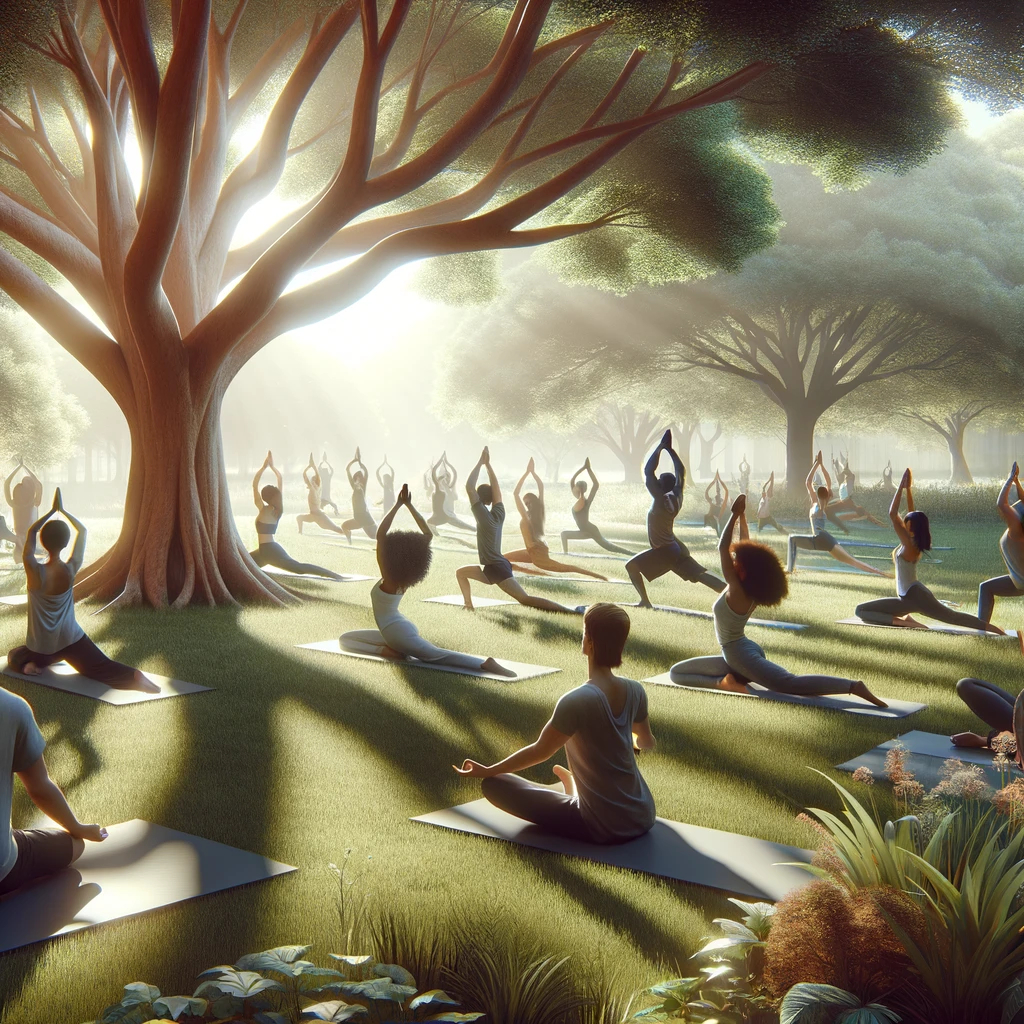
Stonewall Pride | Jacqueline Biollo
June is typically dedicated to celebrating and commemorating lesbian, gay, bisexual, transgender, queer or questioning, intersex, asexual, and more (LGBTQIA+) pride. I recently watched “Stonewall Forever – A Documentary about Pride’s Past, Present, and Future” with my university students. I asked them to write a personal reflection about the documentary, explore thoughts and feelings from a fresh perspective, and grow their understanding of the Pride Community. I include some of their comments and value statements to complement and enhance my musings about this critical yet controversial subject.
The documentary “Stonewall Forever” explores the history and significance of the Stonewall uprising, which took place in June 1969, featuring interviews with activists, community leaders, and historians. Activists held protests and met with political leaders to educate about events leading up to the uprising, its impact on LGBTQIA+, acceptance and visibility, the rights movement, the ongoing struggle for equality, and the social justice movement, and interrupted public meetings to hold those leaders accountable.
Pride month is celebrated worldwide, including in Canada, the United States, Brazil, Mexico, the United Kingdom, Japan, South Korea, and Australia. The celebration seeks to build a safe world for the next generation and encourage individuals to be respectful and open to understanding the differences and similarities that make us unique. One student wrote, “They have the right to live to the fullest like everyone else, as they are part of us, our society.”.
However, for others, “The protests [have gone] in a different direction nowadays. Transgender people are not fighting for what they started the revolution for (not all of them). Many trans people harass straight males and females for not supporting them. They feel like they are protesting for something great, using that as a shield, and harassing others. Nevertheless, today, most protestors feel they have the right to force their identity on others.”.
While others commented, “I am baffled by what people are trying to say. It is confusing for my mind to understand what is going on.”. These comments prompt me to acknowledge that much work still needs to be done in providing information to anyone struggling to understand, comprehend, or formulate an opinion on this matter.
Although I have intentionally left their names out, my students are all thoughtful individuals with opinions, which I respect. Here is another example of what they said: “I did not know about the history of Stonewall before watching this documentary, and I am glad I did. By understanding the struggles, sacrifices, and progress made by the LGBTQIA+ community, we can better appreciate the rights and freedoms we often take for granted. It is crucial to teach and discuss the events of Stonewall and other pivotal moments in LGBTQIA+ history to foster empathy, respect, and a deeper understanding of the challenges faced by marginalized communities.”.
Conversely, “I disagree with the ideology of the LGBTQIA+ community because my religion forbids this. I do not support this, but I still find it interesting to understand how individuals fought for their rights. The aggressive behaviour caused by the cops and government ended with mental and physical torture. It is inspiring to know how the community did not hold back even though they had been brutally told what they were doing was wrong. Not only were the ones that were a part of the riots a part of the community, but many people were not a part of the community, yet they showed their support by also fighting for the rights of the LGBTQIA+ community. The justice they received has yet still to be accepted by the world. However, I admire how much they are willing to fight for their rights and will continue to do so until their rights are accepted.”
“Stonewall Forever represents a crucial turning point in the history of the LGBTQIA+ community, resonating through the ages and reminding us of the extraordinary bravery, resilience, and unwavering spirit of those who fought for our rights. The remarkable courage displayed by individuals like Marsha P. Johnson, Sylvia Rivera, and many others in the face of oppression laid the groundwork for the progress we witness today in the LGBTQIA+ movement. Stonewall Forever is a potent reminder that change is possible, even when confronted with seemingly insurmountable obstacles.”, wrote one student.
However, as another student pointed out, “The evolution of pride from the Stonewall riots is interesting because the acceptance process was not clearly defined from the start. Originally trans and non-binary individuals were not accepted in the movement, which now seems counterproductive and confusing. How can you fight for the rights of one group and promote change and love while continuing to spread hate and segregate an entire community because they do not fit in with the group? Isn’t this the same problem that started the whole thing? It is a confusing thought that can make even those who agree with equal rights and actively promote change become hesitant and frustrated about how society is changing.”
“The struggle for LGBTQIA+ rights did not conclude with Stonewall. It remains an ongoing battle that necessitates continuous advocacy and activism.”, wrote one student. Stonewall Forever reminds us that the fight for equality is not confined to any community or identity. It is a shared struggle that necessitates collaboration and understanding across different faiths, backgrounds, and perspectives, united by their shared yearning for freedom and equality. “This unity remains crucial today as the LGBTQIA+ community faces new challenges and strives to ensure that the voices of marginalized individuals are heard and amplified.”
As one student wrote, we can demonstrate a transformative community by fostering a culture of love and acceptance. “They got my back.” Such a short sentence but with so many meanings. ”They” are the many people who came before and fought to be who we are and who we are today. It means support, safety, and community. It means being together and protecting each other. It symbolizes the support and protection needed to express one’s true self. Everybody deserves that.”
The struggle for equality and justice is not a matter of personal preference but a fight to ensure everyone is treated with dignity and respect. So, how do we create change? Changing the structure of our society and participating in a conversation helps bring awareness to perspectives and normalizes conversations which will ultimately change behaviour.
Be a part of the change. Be a part of the pride.
_____
Jacqueline Biollo is a university educator and proud ally of the LGBTQIA+ community. Jacqueline supports others through her words and actions and speaks often about the value of diversity and inclusion.
Photo by Faded Fortress Photography
Reference: LGBTCenterNYC. (2019). Stonewall Forever – A Documentary about the Past, Present, and Future of Pride [YouTube Video]. In YouTube. https://www.youtube.com/watch?v=GjRv7dJTync





